What Is Dried Tangerine Peel?
Dried tangerine peel, also known as tangerine zest or dried citrus rind, is simply the outermost layer of a tangerine’s skin that has been dried and often cut into strips or ground into powder. While it might look like just a byproduct of peeling fruit, this humble ingredient plays a surprisingly vital role in many cuisines, especially in Asian and Mediterranean cooking.
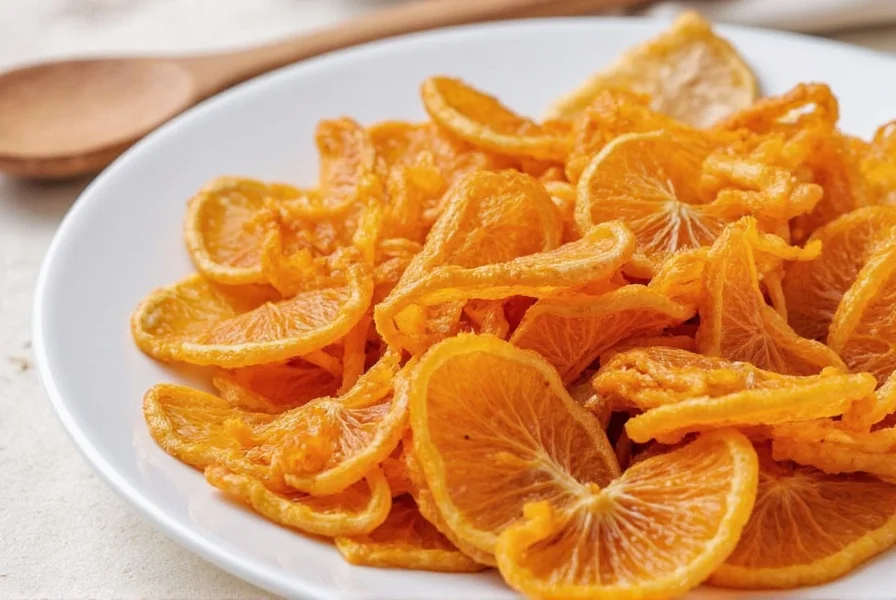
In traditional Chinese medicine (TCM), dried tangerine peel — or chen pi — has been used for centuries to aid digestion, relieve coughs, and promote overall wellness. Today, chefs and home cooks alike are rediscovering its culinary magic, thanks to its complex flavor and versatility.
The Flavor Profile: Sweet, Bitter, and Totally Irresistible
Dried tangerine peel offers a unique blend of sweet, earthy, and slightly bitter notes that can elevate both savory and sweet dishes. Compared to other citrus peels like lemon or orange zest, tangerine peel brings a subtler aroma and a less acidic edge — perfect for balancing rich flavors without overpowering them.
| Citrus Peel | Flavor Intensity | Best Uses |
|---|---|---|
| Dried Tangerine Peel | Moderate | Teas, stews, desserts, spice blends |
| Lemon Zest | High | Pastries, sauces, dressings |
| Orange Zest | Medium-High | Baking, marinades, cocktails |
The natural oils in the peel — particularly limonene — contribute to its aromatic profile. Over time, these compounds mellow out, giving aged tangerine peel a more nuanced depth than fresh zest.

Health Benefits You’ll Want to Know
It’s not just about taste — dried tangerine peel comes with a host of health benefits that make it a must-have in any wellness-conscious kitchen:
- Boosts Digestion: Helps stimulate digestive enzymes and reduce bloating.
- Anti-inflammatory Properties: Contains flavonoids that help fight inflammation.
- Supports Respiratory Health: Often used in herbal teas to soothe coughs and sore throats.
- Rich in Antioxidants: Helps combat free radicals and supports immune function.
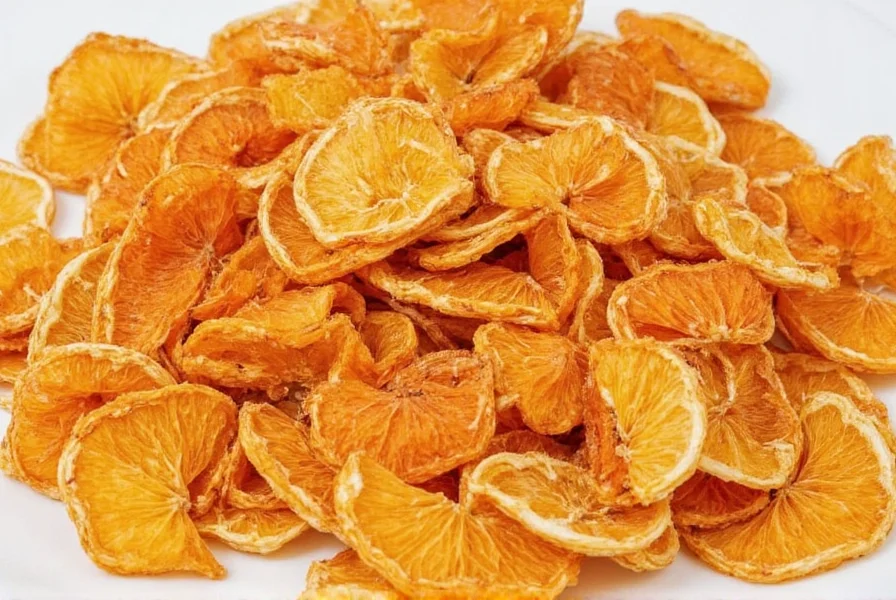
Creative Ways to Use Dried Tangerine Peel in the Kitchen
If you’ve only ever thought of citrus peel as something to throw away, prepare to be amazed! Here are some of our favorite ways to put dried tangerine peel to work in your kitchen:
1. Add to Braises and Stews
Toss a strip or two into beef, pork, or vegetable braises for a warm, aromatic undertone that complements soy sauce and ginger beautifully.
2. Brew a Soothing Tea
Steep a few pieces of dried tangerine peel in hot water with honey and mint for a calming tea that aids digestion and smells divine.
3. Infuse Oils and Vinegars
Use dried tangerine peel to infuse olive oil or rice vinegar, creating a flavorful base for dressings and marinades.
4. Elevate Desserts
Grind dried tangerine peel into powder and mix into cookie dough, cakes, or custards for a zesty twist.
5. Spice Up Rice and Grains
Add finely chopped dried tangerine peel to pilafs or grain bowls for an unexpected citrus lift.
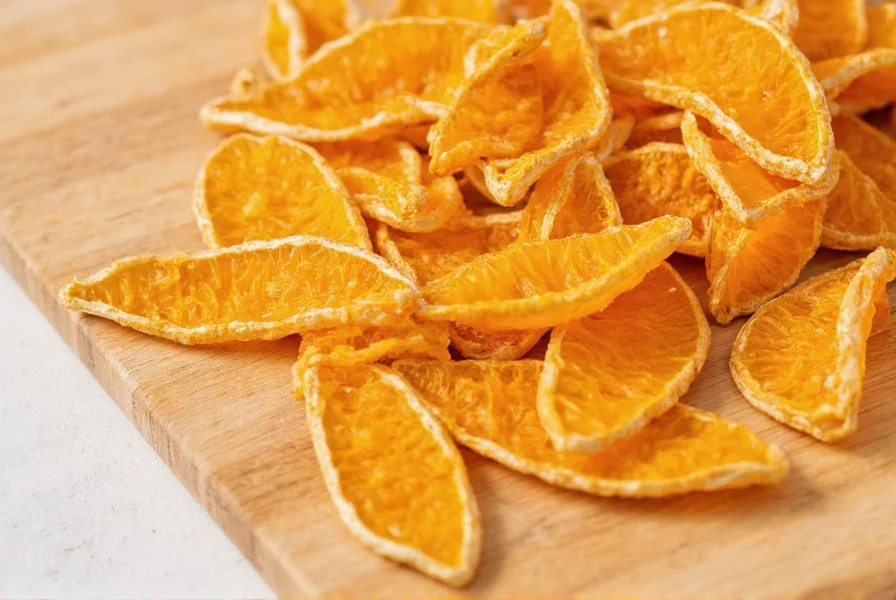
Buying Guide: How to Choose the Best Dried Tangerine Peel
When shopping for dried tangerine peel, quality matters. Not all products are created equal — here’s how to choose wisely:
Types of Dried Tangerine Peel
There are several forms available on the market:
- Freshly Dried Strips: Air-dried at home or by small-scale producers; often more fragrant and potent.
- Commercially Dried Peels: Widely available in supermarkets and spice shops; vary in freshness and potency.
- Ground Powder: Convenient but may lose potency over time; best for baking and blending into spice mixes.
What to Look For
- Natural color: Opt for deep orange to brown hues — avoid overly pale or bleached-looking peels.
- No additives: Check the label for preservatives, artificial flavors, or added sugars.
- Strong aroma: Good quality peel should smell intensely citrusy when broken or crushed.
Top Products to Consider
| Product Name | Form | Key Features | Best For | Occasions |
|---|---|---|---|---|
| Tangy Citrus Co. Organic Dried Tangerine Peel | Whole strips | Organic, sun-dried, no sulfites | Cooking, tea-making | Everyday use, gift-giving |
| ZestyBliss Premium Tangerine Peel Powder | Powder | Finely ground, lab-tested | Baking, spice blends | Kitchen staples, meal prep |
| Golden Grove Aged Chen Pi | Whole aged strips | Aged up to 5 years, traditionally processed | Traditional recipes, medicinal use | Specialty dishes, wellness rituals |
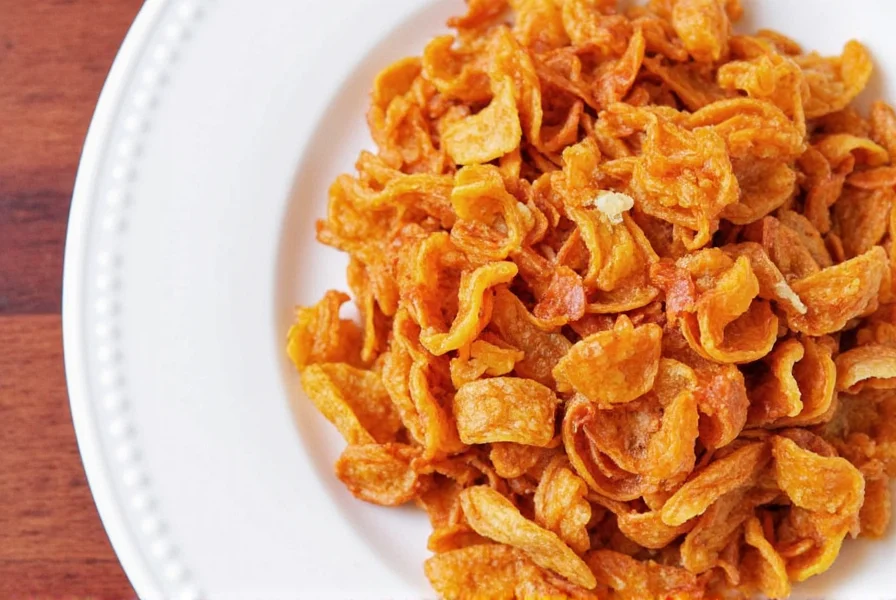
Storage Tips for Long-Lasting Zest
Proper storage is key to keeping your dried tangerine peel fragrant and flavorful:
- Store in an airtight container away from direct sunlight and moisture.
- Keep whole peels separate from ground versions to prevent cross-absorption of aromas.
- Label containers with the date of purchase — most dried citrus peel retains quality for up to 1–2 years.
- For extra longevity, store in the freezer — especially if you live in a humid climate.
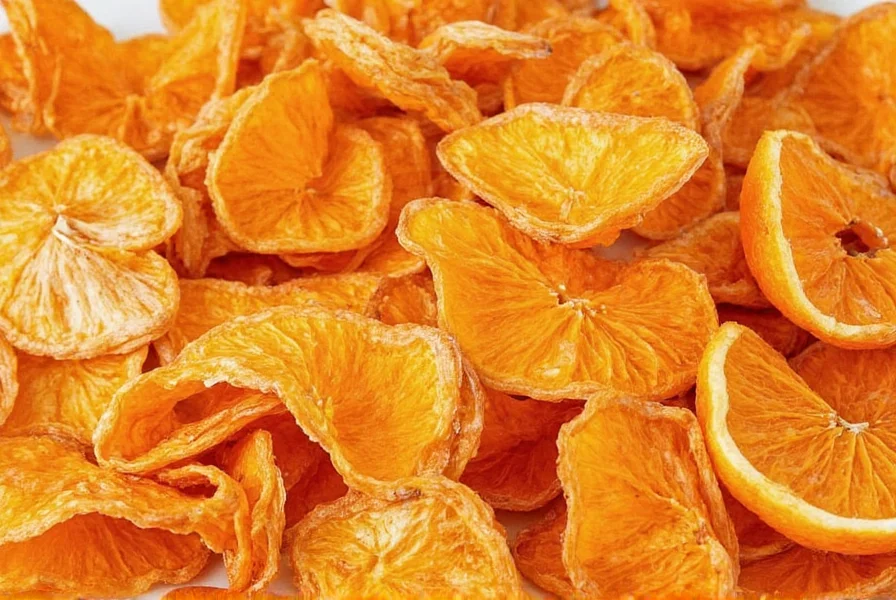
Frequently Asked Questions
What exactly is dried tangerine peel and how is it different from orange peel?
Dried tangerine peel (chen pi in Traditional Chinese Medicine) is the sun-dried outer layer of tangerines. Unlike orange peel, it has a sweeter, less acidic flavor profile with more delicate floral notes. Tangerines contain different essential oil compositions, resulting in a subtler aroma that works better in delicate dishes without overpowering other ingredients.
Can dried tangerine peel really improve digestion?
Yes, numerous studies support its digestive benefits. The flavonoids in dried tangerine peel stimulate gastric juice secretion and help relax gastrointestinal muscles. In Traditional Chinese Medicine, it's commonly used to treat bloating and indigestion. Modern research confirms its ability to enhance digestive enzyme activity, making it particularly effective when consumed as tea after meals.
How should I prepare dried tangerine peel before using it in cooking?
For whole strips: Briefly rinse under warm water to remove dust, then soak in hot water for 5-10 minutes to rehydrate and soften. For aged chen pi, you may want to simmer for 15-20 minutes to fully release flavors. For powder: No preparation needed - simply measure and add directly to recipes. Always remove whole pieces before serving dishes.
Is there a difference between young and aged dried tangerine peel?
Significant differences exist. Freshly dried peel (1 year) has brighter citrus notes and stronger bitterness. As it ages (3-5+ years), the flavor mellows into complex earthy-sweet notes with reduced bitterness. Traditional Chinese Medicine values aged chen pi (3+ years) for enhanced medicinal properties, particularly for respiratory and digestive benefits. Culinary applications often specify age requirements for authentic flavor profiles.
Can I make dried tangerine peel at home?
Absolutely. Peel organic tangerines, separate the colored zest from the white pith (which is bitter), then air-dry in a cool, dark place for 1-2 weeks until completely brittle. For traditional chen pi, store the dried peel in a sealed container for at least one year to develop complex flavors. Home-dried peel won't have the same depth as commercially aged versions but works well for immediate culinary use.
Are there any safety concerns with consuming dried tangerine peel?
When used as a culinary ingredient (1-2 pieces per dish), dried tangerine peel is safe for most people. Those taking blood thinners should consult doctors due to potential interactions with citrus compounds. Avoid excessive medicinal doses without professional guidance. Always choose organic, sulfite-free products to avoid chemical residues. Pregnant women should limit consumption to culinary amounts rather than therapeutic doses.

Conclusion: Make Room in Your Spice Rack!
Dried tangerine peel isn’t just for old remedies or fancy kitchens — it’s a versatile, flavor-packed ingredient that deserves a permanent spot in your pantry. Whether you're brewing tea, spicing up soups, or adding flair to desserts, this unsung hero of the spice world can transform your dishes in subtle yet powerful ways.
So next time you reach for that jar of cinnamon or chili flakes, don’t forget to grab a piece of dried tangerine peel too. It’s time to give this underrated gem the spotlight it truly deserves!
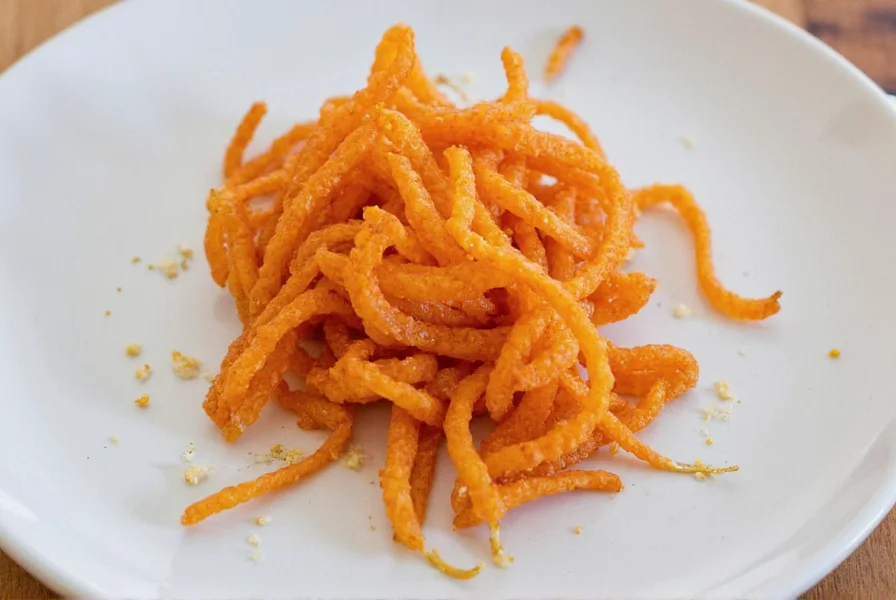

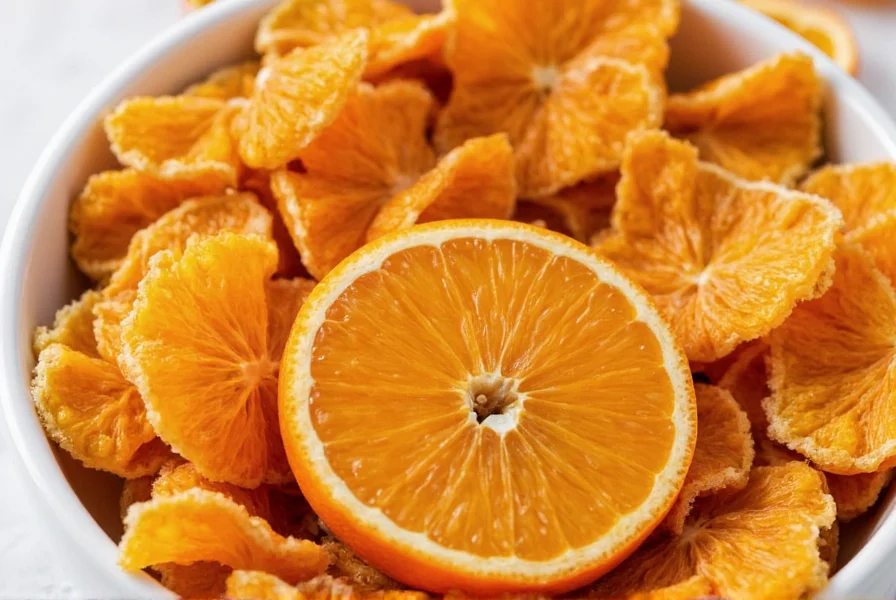









 浙公网安备
33010002000092号
浙公网安备
33010002000092号 浙B2-20120091-4
浙B2-20120091-4